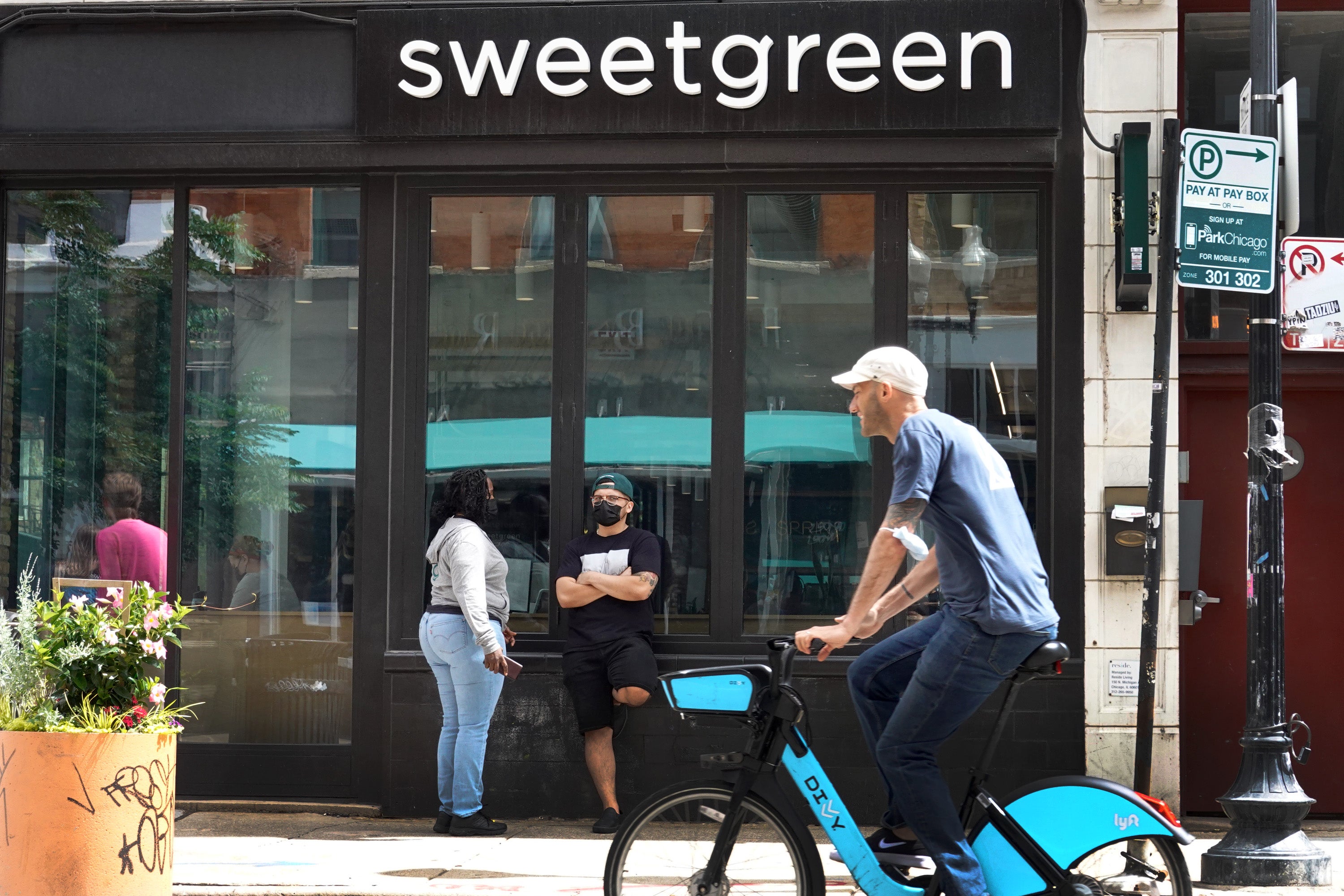As President Donald Trump’s aggressive policies on international trade and immigration gradually begin to make their presence felt, the underwhelming recent earnings results reported by some key casual food businesses are serving as flashing warning lights for the U.S. economy.
Shake Shack shares tumbled 7.7 percent in response to its second-quarter results, despite their being generally positive. In comparison, Sweetgreen shares dropped 23 percent after it cut its 2025 outlook for the second consecutive quarter, and Cava’s quarterly revenue disappointed estimates because of weaker-than-expected sales growth.
Bloomberg columnist Connor Sen has argued that the headwinds being faced by those brands are uniquely significant because their restaurants are more likely to be based in metropolitan centers along the west and east coasts of the United States, which are likely to bear the brunt of the president’s policies first.
Shake Shack, for instance, has 80 of its 610 U.S. locations in New York, while one-third of Sweetgreen’s branches are in New York and California, and Cava is based in D.C., which, along with Maryland and Virginia, accounts for 17 percent of its business, according to Bloomberg.
Their exposure to “critical coastal metro areas that are immigration hubs and popular international tourism destinations” contrasts with rival eateries such as Olive Garden, Longhorn Steakhouse, and Texas Roadhouse, which more typically cater to middle American diners across a wider geographic spread and have not yet suffered an equivalent financial setback.
Sen points out that New York, Los Angeles, and San Francisco – three of America’s biggest cities, all coastal and Democrat-governed – suffered a combined 43,000 job losses in the first six months of the year, a period when the U.S. as a whole added 500,000.
Over the same half-year stretch, those three locations plus Washington, D.C, saw a combined reduction in their workforces of 60,000 people, after experiencing a 160,000 increase in 2024, a phenomenon that might very reasonably be attributed to Trump’s immigration crackdown.
Meanwhile, New York City Tourism + Conventions has said it expects to see a 17 percent fall in international visitors this year, and Visit California is forecasting a 9.2 percent fall in arrivals, as travellers from overseas register their disapproval of Trump’s administration by vacationing elsewhere.
Those factors conspire to leave businesses dependent on America’s coastal cities facing a smaller pool of potential customers.
Furthermore, those who remain appear to be less likely to spend their disposable income, meaning a reduced likelihood of their treating themselves to a meal out.

The latter point is made by a preliminary study of consumer sentiment carried out by the University of Michigan, which found left-leaning voters much less likely to spend freely in August than their Republican counterparts.
While economists might traditionally look at the stock market or the unemployment rate to gauge the health of a nation’s bank balance, the well-being of brands like Shake Shack, Sweetgreen, and Cava can be equally revealing, primarily by exposing regional disparities.
Other surprisingly telling indicators of an economic downturn or coming recession might include declining sales of men’s underwear, reduced sales of inessential goods like snacks and cigarettes in grocery stores, or, conversely, a rise in the sales of miniature bottles of alcohol, which might signal increased consumer stress.
Trump sidetracks Fox interview by gushing over Hannity and Earhardt’s relationship
Half-off Ozempic? US patients paying in cash can now buy the popular drug for less
Olive Garden’s unlimited pasta is making a come back: Here’s when and what to know
Couple escape death after car crashes into restaurant table during influencer filming







